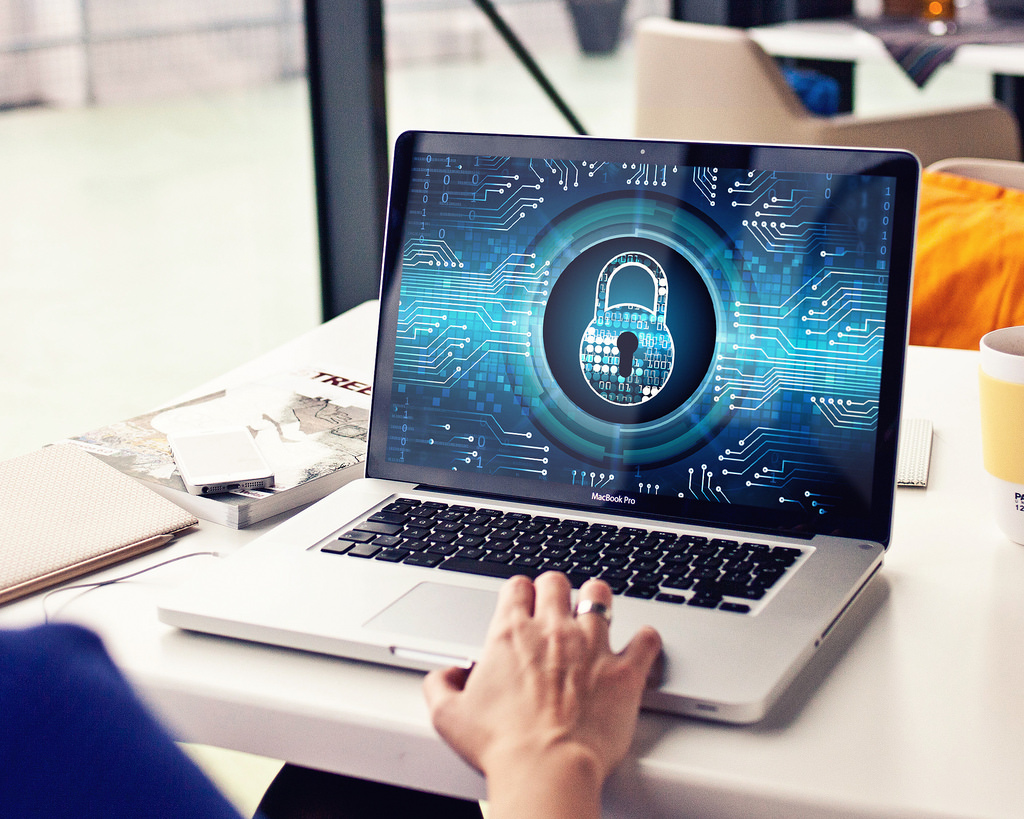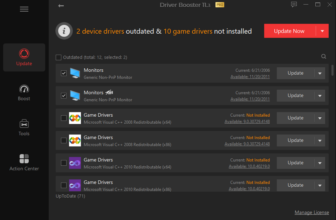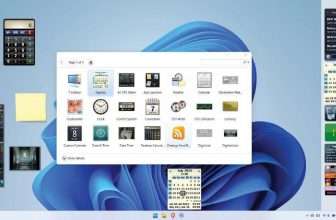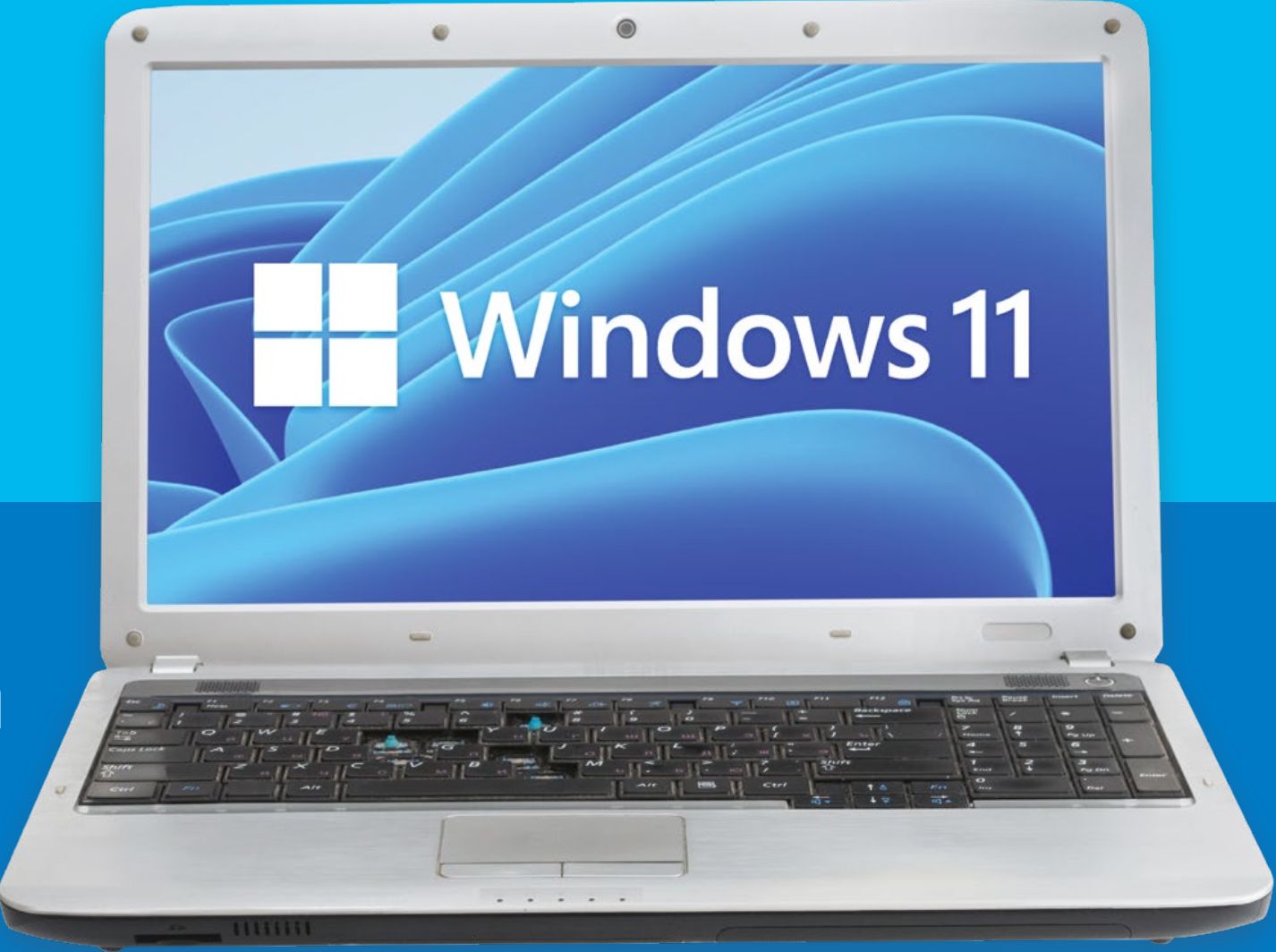Why Laptop Security Is Getting Even More Important

In 2018, not too many people still need to be informed that digital security, and laptop security as an extension, is important. We run our lives largely through computers and mobile devices, and as such aspects of our lives become more vulnerable the less secure these devices are. It’s for this reason that we frequently discuss things like security software, the various safeguard features on new laptops, how to use to cloud to guard your information, and related topics. What we don’t talk as much about, however, is the fact that the need for digital security isn’t stagnant. Rather, it’s always getting greater.

Table of Contents
To explain why in a comprehensive manner would fill pages, but consider the following as just a few reasons laptop and mobile security are getting progressively more important.
The Digitization Of Banks
“We don’t need banks anymore” was a quote from Bill Gates – back in 1997! The quote spoke to the idea that while we do need banks, they’re not actually necessary as physical facilities anymore. Rather, they’re being displaced and diminished, and banking services are spreading out to digital equipment. It’s rather extraordinary that Gates saw all this happening even in the late ‘90s, but the last few years have seen it intensify. Thanks to better banking website services, banking apps, and more, people are now conducting a great deal of their financial activity through mobile devices, as well as laptops. Thus, while it’s somewhat hyperbolic to phrase it this way, someone accessing your laptop can essentially amount to that person accessing your bank account.
Remote Work
This is a simpler point, yet one that applies to millions and millions of people in modern workforces. Thanks to all kinds of improvements in technology, remote communication, and even file sharing and cloud storage, the number of people who are able to work remotely dwarfs that of even a few years ago. This means that our laptops are more and more intertwined with our work, at least in many cases, which means company security comes into play. Your computer needs to be secured not just to protect you, that is, but your business-related files and communication and your company itself.
Finances & Entertainment
We’re using our laptops more for entertainment as well, and this is actually a fairly significant financial adjustment. Once upon a time, gaming and other entertainment meant external purchases that had little to do with computers or the internet. Now, however, we make most of these purchases through our computers. Millions of people sign up for Steam and input financial information to download games. Millions more deposit real money at casino gaming sites. Relatedly, there are also streaming service subscriptions to consider in entertainment outside of gaming. And real money bookmakers can be found online now as well, making for more opportunities to deposit and handle sums of money. Through any or all of these practices you may be making your financial information more visible on your computer, and thus you need additional protection.
Connected Devices
We mentioned briefly that the cloud has helped to improve the work environment for people. However, it has also nudged us into a reality in which our computers don’t just represent themselves anymore. In some cases, they’re connected to many other devices: phones, tablets, etc. As a result, someone gaining access to your computer can potentially gain the same access to all of your tech devices and anything stored on them. This makes it more important not just to secure laptops, but to maintain strong security for all tech devices.
Complete Digital Identities
Even back in 2013 we were seeing articles on why computers are targets for identity theft. And can you imagine how much more of your identity is on your computer now than there was in 2013? With each passing year we upload more of ourselves in the form of contact information, location, browsing history, financial deposits, saved accounts, files in progress, and more. We have complete digital versions of our own identities on our computers now, and that’s what’s at risk in the event of a breach or hack of any kind.





